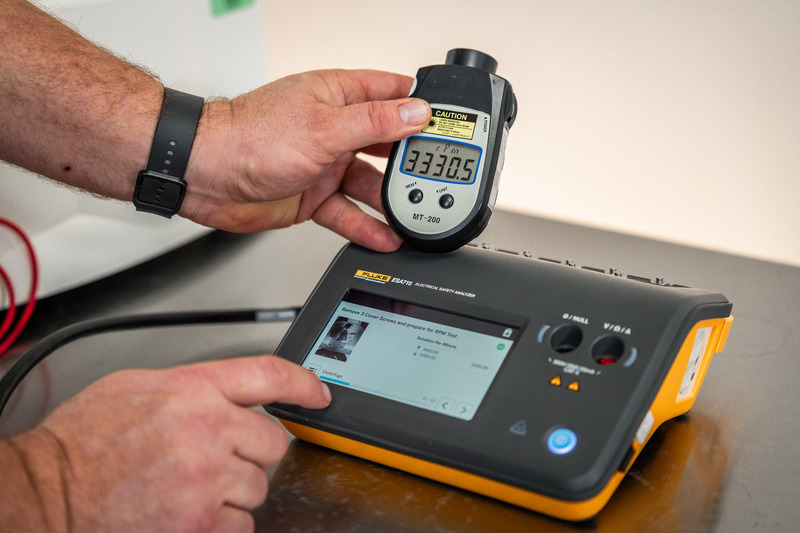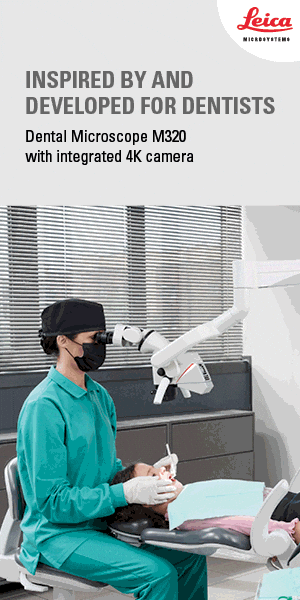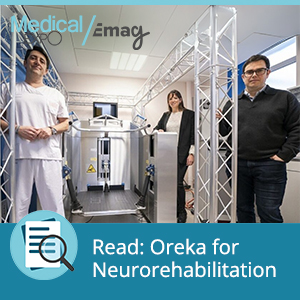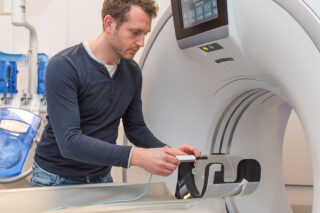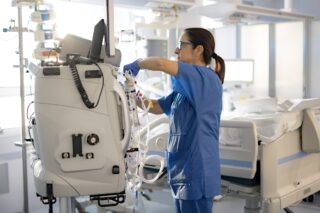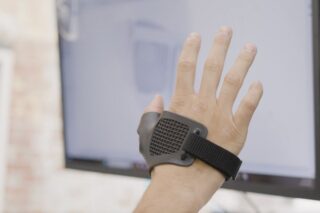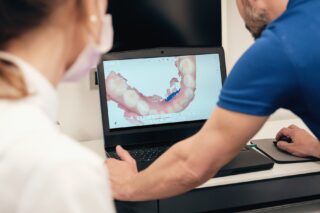Electrical safety in healthcare is becoming increasingly complex due to staffing shortages, budget pressures, and the growing interconnectivity of medical devices. For hospitals and clinics, maintaining safe electrical equipment is vital not just for compliance but to protect patients, support staff, and ensure uninterrupted care.
This article was written by Mike Nguyen, Sr. Product Manager, Fluke Health Solutions.
Electrical safety in healthcare has always been essential. But in today’s climate, it’s becoming more complex, more urgent, and more difficult to manage. Hospitals and clinics around the world are stretched thin. Staffing shortages are widespread. Budgets are under constant scrutiny. At the same time, medical devices are becoming more interconnected, and the demands on healthcare technology management (HTM) teams continue to grow.
In this environment, ensuring that all electrical medical equipment remains safe to use isn’t just a compliance issue. It’s a matter of protecting patients, supporting frontline teams, and keeping care delivery uninterrupted.
Leakage current, electromagnetic interference, and ageing equipment are all potential hazards that, if unchecked, can lead to serious consequences. That’s why standards like IEC 60601-1 and IEC 62353 require regular testing of all medical devices. These standards are not just technical checklists. They are frameworks designed to safeguard human life in high-risk settings such as operating theatres, ICUs, and emergency departments.
The challenge is that meeting these standards effectively is becoming harder.
The Pressure on Biomedical Teams
In many hospitals, biomedical and clinical engineering teams are operating with fewer people and more responsibility. They may be tasked with managing thousands of devices across multiple departments, often with limited support or time. Manual electrical safety testing is detailed work. It requires consistency, precision, and a clear understanding of evolving global regulations.
What happens when experienced staff leave and are replaced by less seasoned technicians? How do you maintain consistency when every department is running at capacity? These are real issues, and they demand practical solutions that match the pace and pressure of modern healthcare.
A Smarter Way to Test: The ESA700 Series
With decades of experience in medical device testing, Fluke Biomedical developed the ESA700 Series Electrical Safety Analysers to address these exact pressures.
These analysers are compact, portable, and built for field use, making them ideal for both in-house and on-the-go testing. But what sets them apart is how they simplify and standardise the testing process. With a five-inch colour touchscreen, intuitive interface, and step-by-step visual guidance, the ESA700 series helps new and seasoned technicians perform tests quickly and accurately
The device also features LED indicators that show where to connect leads, which reduces the likelihood of error and speeds up testing. It supports all required measurements, from insulation resistance to ECG waveform tests, and complies with major global standards.
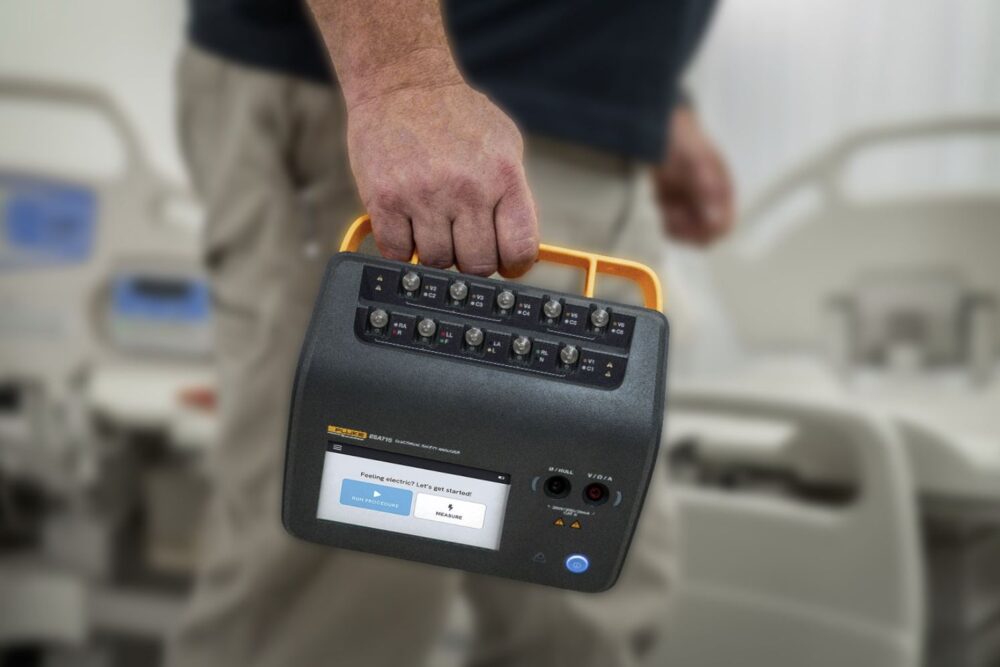
Workflow Automation That Eases the Burden
What truly modernises this approach is the integration with Fluke Biomedical OneQATM workflow automation software. When paired with the ESA700 Series, OneQA allows hospitals to automate test procedures, record results in real time, and push data directly to their asset management systems.
For teams facing growing workloads, this means fewer manual steps, fewer errors, and less time spent documenting. It also enables consistency across staff, even when roles change or shift between departments.
In short, it helps healthcare providers get more out of the resources they already have.
Building a Safer, More Resilient System
Electrical safety testing isn’t just about compliance. When done well, it helps extend the life of medical equipment, improves technical documentation, and supports long-term planning. It can even contribute to better device design and maintenance strategies over time.
In today’s healthcare environment, where resilience and efficiency are more important than ever, tools like the ESA700 Series and OneQA are not just helpful. They’re becoming essential.
For more info, visit flukebiomedical.com/esa700-series.
Join Fluke Biomedical’s series of webinars where regional experts explore the evolving landscape of electrical safety testing in healthcare – register here.
